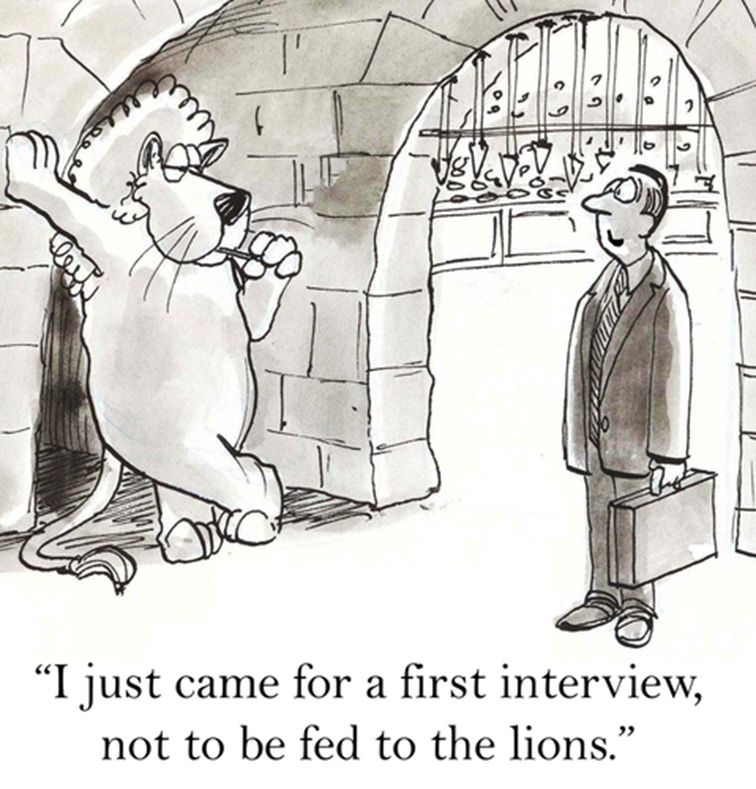Are YOU Committing Career Suicide? Updated Insights for Today’s Professionals
Attention! If you’re immersed in your work routine, take a moment to read this article. You might be unknowingly heading towards career suicide in today’s fast-evolving job market!
In an era of rapid technological advancement and shifting job roles, many professionals, including senior executives, find themselves on a precarious career path without realizing it. Not only did they neglect to keep their resume updated but they’ve neglected the need for continuous learning and adapting to new market demands, assuming stability in their current roles. CareerSteering.com brings updated advice to navigate these challenges!
Identifying and Avoiding the Path to Career Stagnation
Updated Sign #1: Your last professional development was years ago. In today’s dynamic job market, failing to update your skills regularly can leave you behind.
Prevention: Engage in ongoing learning through online platforms like Coursera, LinkedIn Learning, and industry-specific webinars. Stay informed about emerging technologies and methodologies in your field.
Updated Sign #2: You’re unaware of the growing importance of digital literacy and remote working capabilities. With many companies shifting to remote or hybrid models, these skills are now essential.
Prevention: Acquire skills in digital communication tools, project management software, and adapt to remote working practices to remain competitive.
Updated Sign #3: You’ve neglected networking in the virtual world. In the era of remote work, online networking has become crucial. Prevention: Actively participate in virtual industry events, webinars, and LinkedIn groups. Build and maintain a robust online professional network.
Updated Sign #4: Your online professional brand is non-existent or outdated. An engaging, current online presence is key to being noticed by recruiters and industry peers.
Prevention: Regularly update your LinkedIn profile, engage with content in your field, and showcase your projects and achievements.
Updated Sign #5: Overlooking the power of personal branding and storytelling in your career. Today, it’s not just about what you do, but how you present your career narrative.
Prevention: Develop a compelling personal brand and narrative. Work with a career coach or utilize resources to craft your story.
Updated Sign #6: Ignoring the trend of gig economy and freelance opportunities. The rise of freelance and contract work offers new paths for career growth.
Prevention: Explore platforms like Upwork, Freelancer, and niche industry-specific job boards to find short-term projects that can enhance your skills and experience.
Updated Sign #7: Lack of adaptability to changing job roles and industries. The ability to pivot into new areas is more valuable than ever.
Prevention: Consider cross-training opportunities, attend interdisciplinary workshops, and stay informed about trends in adjacent industries.
Updated Sign #8: Not leveraging AI and automation tools in your work. These technologies are reshaping industries.
Prevention: Learn about AI tools relevant to your field, and embrace automation tools to enhance productivity and creativity in your work.
Updated Sign #9: Failing to maintain a balance between work and personal development. Burnout can hinder your career progress. Prevention: Adopt a balanced approach to work and personal life. Engage in activities that foster personal growth and well-being.
Updated Sign #10: Not preparing for the future of work, which may include AI, automation, and new working models.
If I can be of any assistance, please contact me. As a top executive resume writer, I am equipped with a wealth of information to put to use in your favor.
Good luck!


